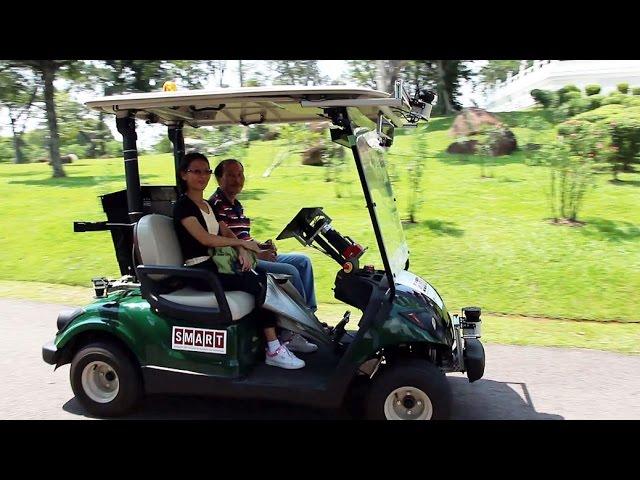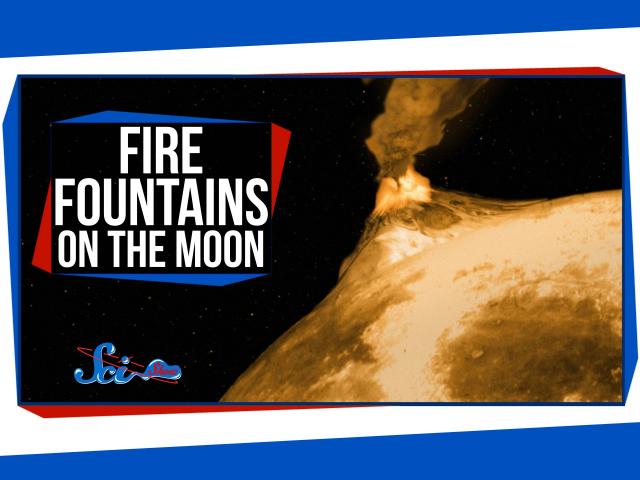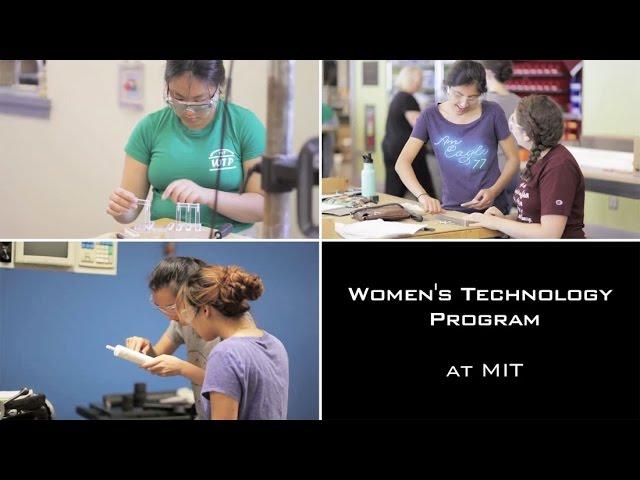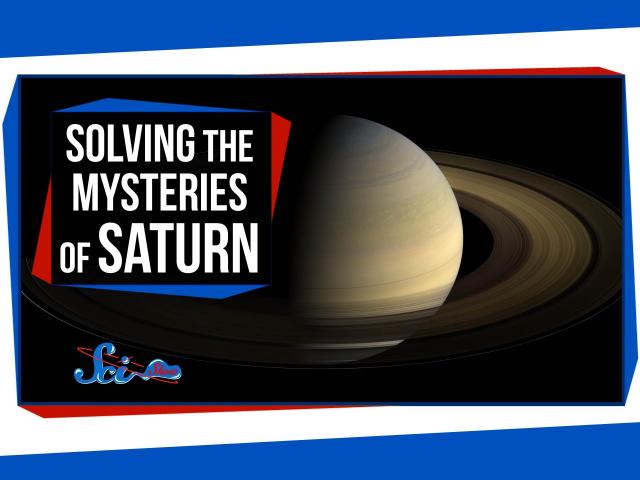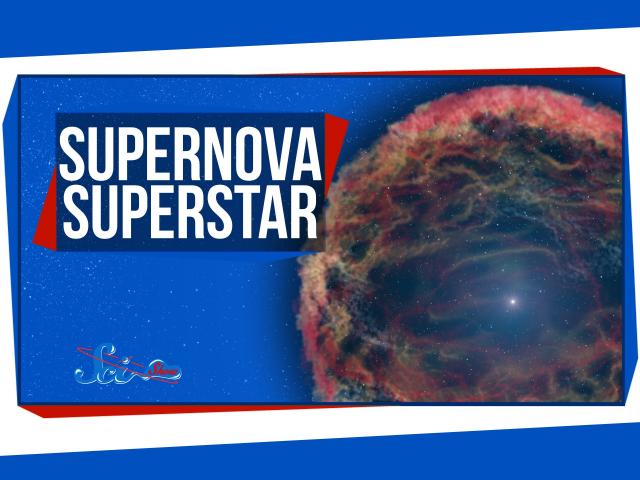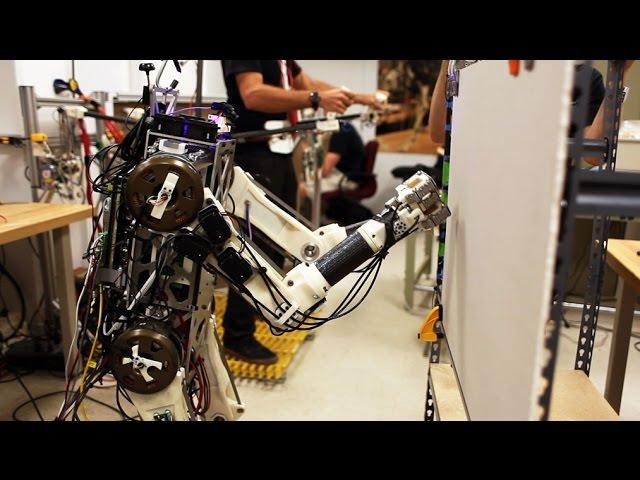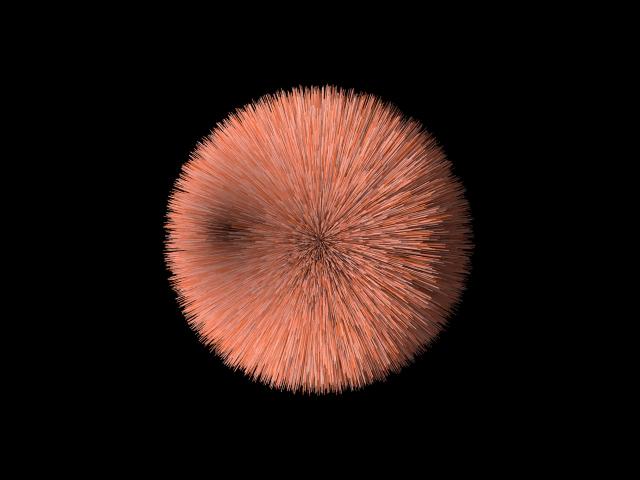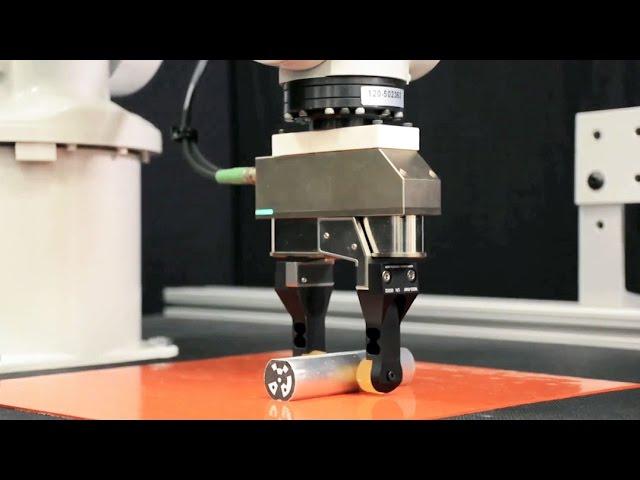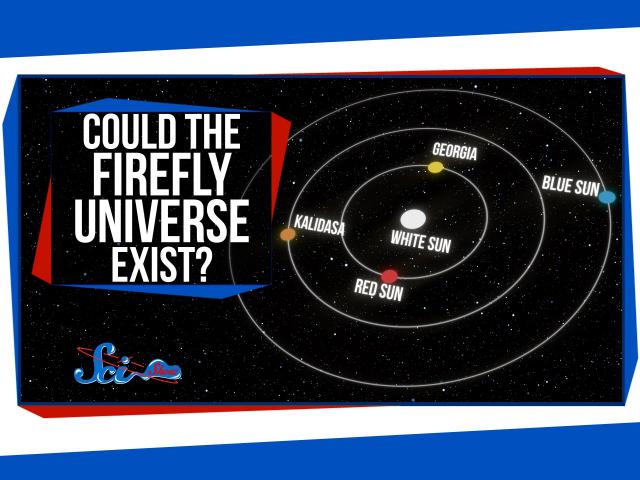Time Travel, Teleportation & Science
Time travel is the concept of moving between different points in time in a manner analogous to moving between different points in space, generally using a theoretical invention, namely a time machine. It has a commonly recognized place in philosophy and fiction, but has a very limited application in real world physics, such as in quantum mechanics or wormholes.
Although the 1895 novel The Time Machine by H. G. Wells was instrumental in moving the concept of time travel to the forefront of the public imagination, The Clock That Went Backward by Edward Page Mitchell was published in 1881 and involves a clock that allowed three men to travel backwards in time.[1][2] Non-technological forms of time travel had appeared in a number of earlier stories such as Charles Dickens' A Christmas Carol. Historically, the concept dates back to the early mythologies of Hinduism (such as the Mahabharata), Buddhism, and Islam through ancient folk tales. More recently, with advancing technology and a greater scientific understanding of the universe, the plausibility of time travel has been explored in greater detail by science fiction writers, philosophers, and physicists.
Teleportation, or Teletransportation, is the theoretical transfer of matter or energy from one point to another without traversing the physical space between them. It has a commonly recognized place in science fiction literature, film, and television, but as yet has a very limited application in real world physics, such as quantum teleportation or the study of wormholes.
Science (from Latin scientia, meaning "knowledge") is a systematic enterprise that builds and organizes knowledge in the form of testable explanations and predictions about the universe. In an older and closely related meaning, "science" also refers to a body of knowledge itself, of the type that can be rationally explained and reliably applied. A practitioner of science is known as a scientist.
In modern usage, "science" most often refers to a way of pursuing knowledge, not only the knowledge itself. It is also often restricted to those branches of study that seek to explain the phenomena of the material universe.
Source : Wikipedia
-
04:35
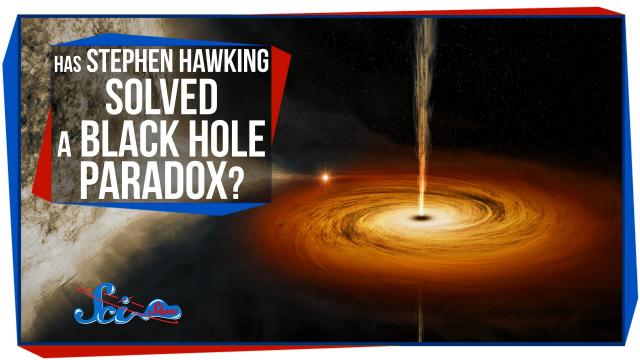
Has Stephen Hawking Solved a Black Hole Paradox?
Added 776 Views / 0 LikesHas Stephen Hawking Solved a Black Hole Paradox?
-
05:06
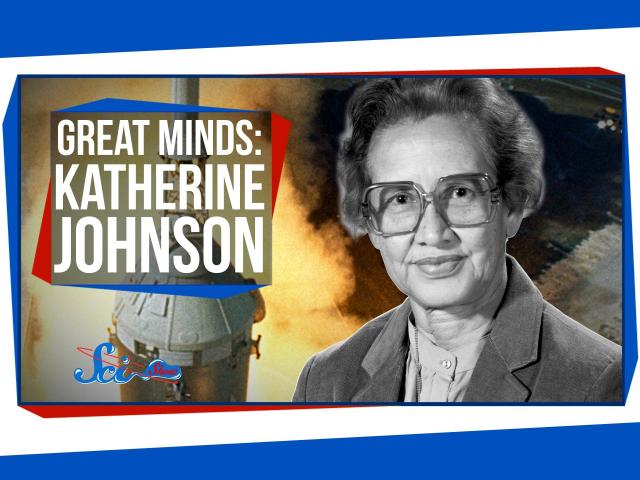
Great Minds: Katherine Johnson, Human Computer
Added 740 Views / 0 LikesGreat Minds: Katherine Johnson, Human Computer
-
03:38
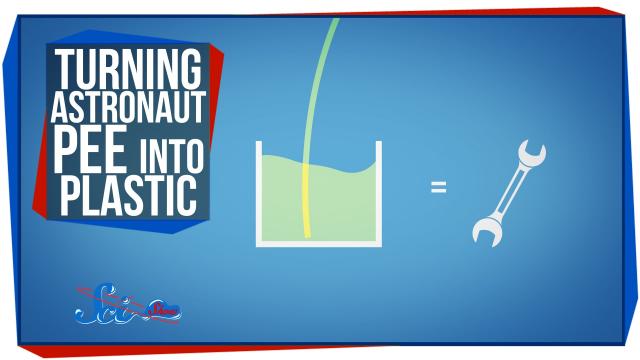
Turning Astronaut Pee Into Plastic
Added 722 Views / 0 LikesTurning Astronaut Pee Into Plastic
-
04:16
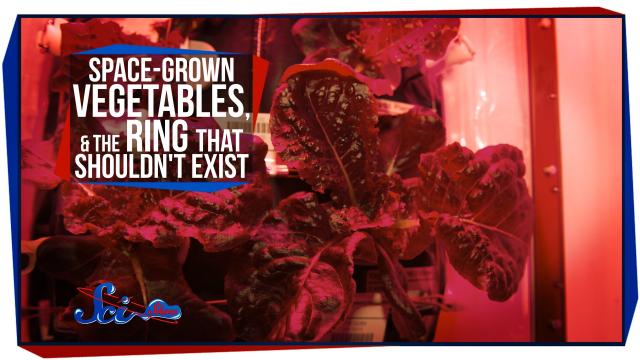
Space-Grown Vegetables, and the Ring That Shouldn't Exist
Added 783 Views / 0 LikesSpace-Grown Vegetables, and the Ring That Shouldn't Exist
-
05:05
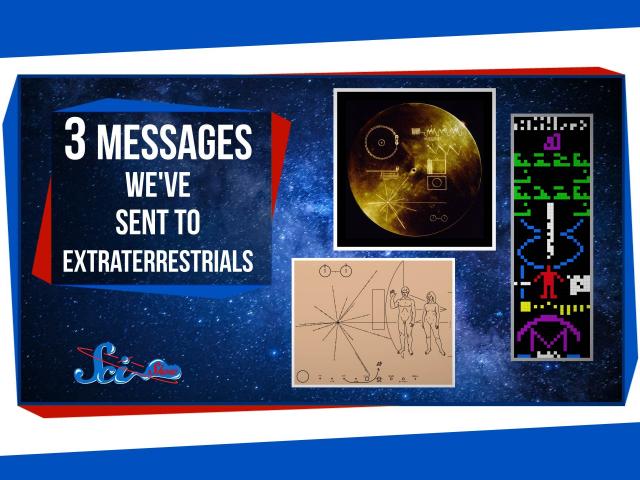
3 Messages We've Sent to Extraterrestrials
Added 793 Views / 0 Likes3 Messages We've Sent to Extraterrestrials
-
04:16
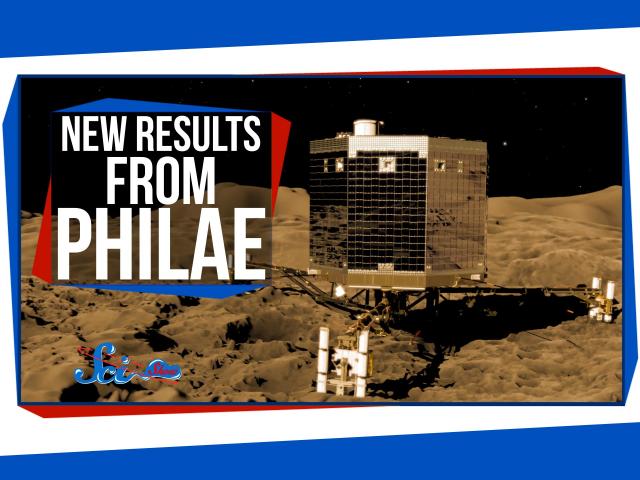
New Results from Philae, and the Perseids Meteor Shower!
Added 617 Views / 0 LikesNew Results from Philae, and the Perseids Meteor Shower!
-
04:11
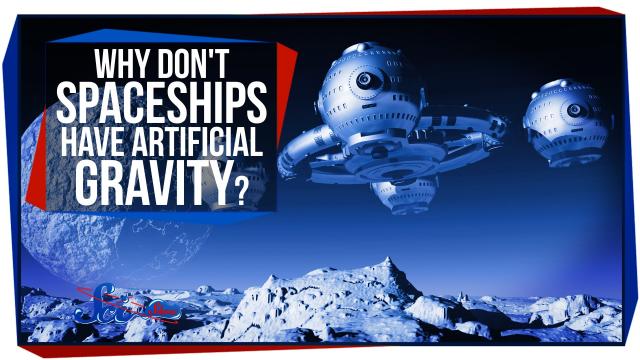
Why Don't Spaceships Have Artificial Gravity?
Added 740 Views / 0 LikesWhy Don't Spaceships Have Artificial Gravity?
-
04:58
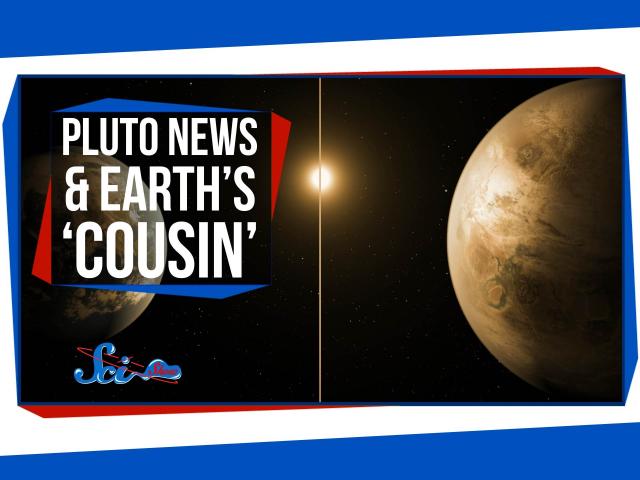
Pluto's Runaway Atmosphere, and Earth's 'Cousin'
Added 777 Views / 0 LikesPluto's Runaway Atmosphere, and Earth's 'Cousin'
-
04:25
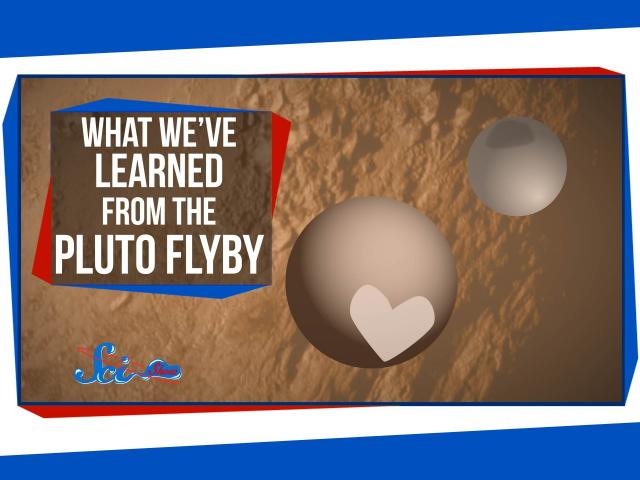
What We've Learned from the Pluto Flyby!
Added 718 Views / 0 LikesWhat We've Learned from the Pluto Flyby!
-
03:56
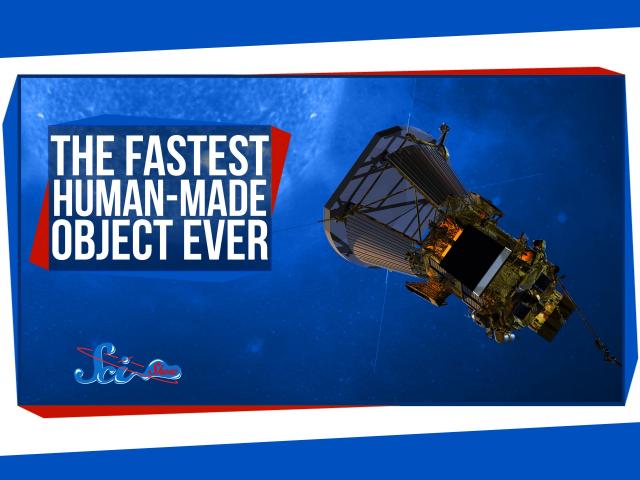
The Fastest Human-Made Object Ever
Added 623 Views / 0 LikesThe Fastest Human-Made Object Ever
-
07:13
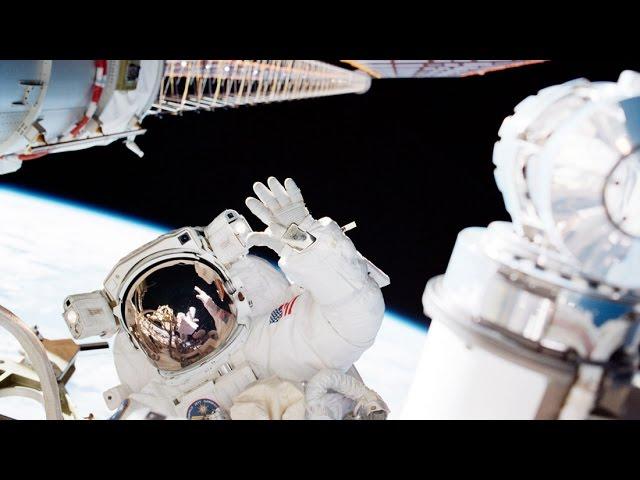
Rocket into space with MIT professor and astronaut Jeff Hoffman
Added 696 Views / 0 LikesRocket into space with MIT professor and astronaut Jeff Hoffman

